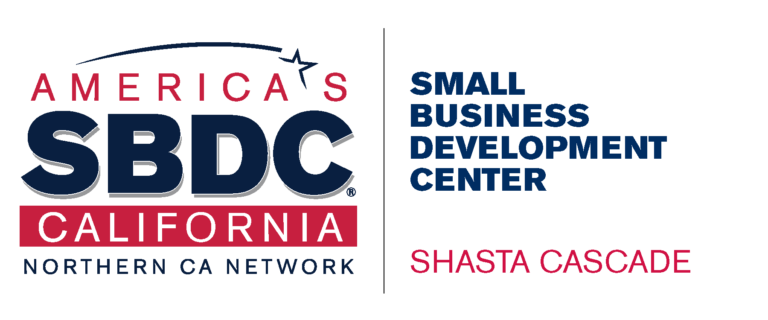Looking for a business loan?
When considering how to fund your business’ future, you need practical, foundational information and actionable insights. When funding expansion, a new building, equipment or other need, a business loan may make the most sense.
We’ve put together some information about business loans so most small businesses can get a glimpse of what to expect before they start the process.
What your lender needs
Lending institutions will differ on what they require but, at a minimum, most will want the following:
- Company’s financial statements, including balance sheet and income statements
- Business tax returns (for past two years)
- Collateral
- Personal financial statements
- Personal income tax returns (for the past two years)
- Monthly cash flow projections based on obtaining the loan
- Complete and thorough business plan
- Specific details on how the loan will be used (i.e., use of funds)
- Company management profile & outlook
Beyond the basics
Establishing relationships with creditors and lenders prior to seeking funding is key to successful financing. The more they know and understand you as a person, the more they will trust you – and, when it comes to money, nothing is more important than trust.
It is vital that you find the right lender. You will have the best chance at success when you deal with a lender who understands your business and your community. Your chances of success will be much smaller if you approach a lender known for helping businesses far different from your own. The Shasta-Cascade Small Business Development Center (SBDC) can help you identify the most qualified lenders in our community.
Several variables are weighted by bankers and lenders in making loan decisions. These include:
- the company’s financial stability (reflected in their financial statements),
- the company’s ability to service the debt,
- the strength and value of collateral,
- your and the company’s credit history,
- the support available by the company’s guarantors and
- the economic outlook.
Let’s look at each of these in greater detail.
1 – Financial statements
Having a professional analyze your financial statements prior to asking for a loan can help you clean up simple mistakes and unnecessary flags for potential lenders. More importantly, having an accountant or your SBDC advisor help you understand the contents of your financial statements will prepare you for answering lender questions.
Keep in mind that financial statements report conditions during a defined period. If you have a large project or sale that is pending, proof of that expected income should be provided to the lender. Providing a written summary of the financial condition of the company that reflects and supports the financial statements can go a long way to helping you get finding.
2 – Ability to service debt
Having a plan to pay back a loan is crucial to securing funding. Prepare projections with expenses and earnings and incorporate the new loan payments into your plan. You can obtain a spreadsheet template and assistance from your SBDC advisor.
Be sure to include a built-in safety net for when projections fall short of expectations. This advance consideration helps lenders know that you’ve thought things through, have considered cash flows and are committed to repayment of the debt.
3 – Collateral
Collateral is essential to business lending in today’s market. Without it, a lender relies solely on future performance of existing cash flow to repay the debt. This can translate into higher risk and interest rates for borrowers.
Loans that are self-collateralizing (meaning the asset purchased with loan funds has a defined market value; e.g., equipment loans) are sometimes easier to secure.
Construction improvements on leased storefronts may be more difficult; lenders may ask for a “blanket lien” on the business assets. Be prepared to provide a description of all your collateral to your lender and try to confine the lien to specific assets (leaving other assets unencumbered for future financing).
Your SBDC advisor can help determine the best use of available collateral for your business.
4 – Credit
Lenders typically rely on the business owner’s credit score, which they obtain from the three common FICO bureaus (Transunion, Equifax and Experian). It is very important that you know what is on your credit report. Negative marks may affect the loan decision. Your SBDC advisor can show you how to get your credit score, find out what is on your report and help you with the best way to tell your story.
5 – Guarantor support
In most cases, all owners of 20% or more of a business will be required to provide a personal guarantee. Doing this sends a clear message that you and your partners are willing to stand behind your business.
6 – Economic outlook
Economic slowdowns tend to lower sales for small businesses, which typically mean tighter profit margins, which may impact the ability for some small business to pay back loans. In a general sense, this can mean higher risk for lenders and can impact loan grant(s) and term(s) decisions.
Increase your odds
Between 2015 and 2021, Shasta Cascade SBDC advisors assisted companies in Shasta and Trinity counties secure nearly $25 million in capital. And, we don’t just help with loans; we have access to advisors in nearly every aspect of business, from starting to selling your business. Our services are confidential and provided at no cost. Contact us today.

